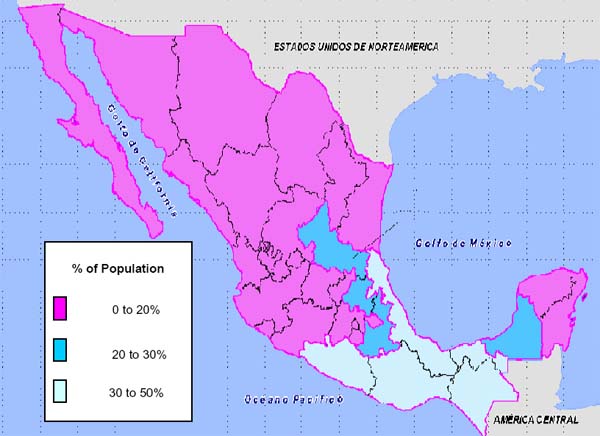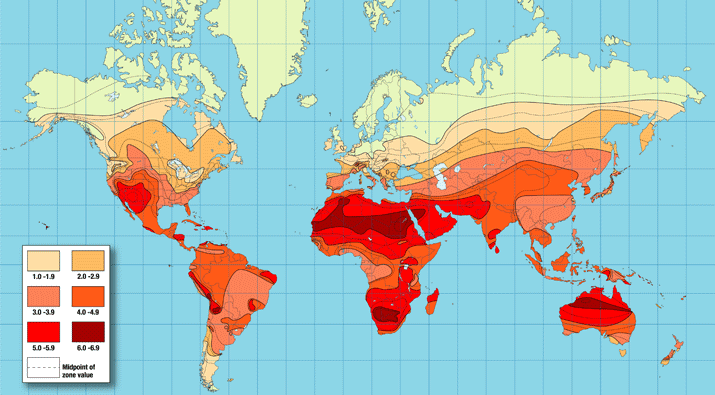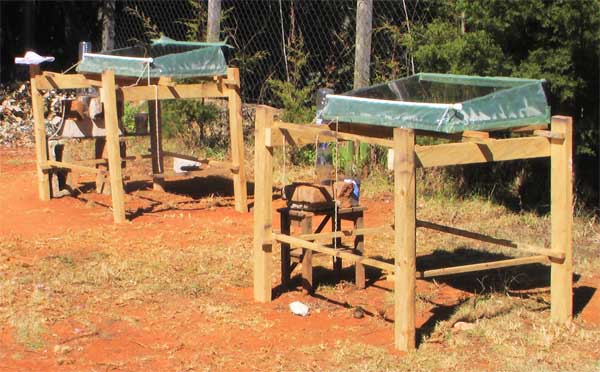



Simple, Low Cost, Sustainable, Point-of-Use Solutions
Lack of potable water not only afflicts over 1/6 of the worlds population and ranks among the largest causes of child mortality world wide, but it is a problem to which in large part there exist appropriate and sustainable scientific and technological solutions.
1,
2
Effective and Dramatic
The World Health Organization (WHO) has found, "conclusive evidence that simple, acceptable, low-cost interventions at the household and community level are capable of dramatically improving the microbial quality of household stored water and reducing the attendant risks of diarrheal disease and death".
3,
3E,
4
The report lists several technologies including: membrane, granular, and ceramic filters,
solar pasteurization
, chlorination and coagulation-flocculation techniques. A World Bank sponsored meta-analysis of drinking water interventions, found that, water quality interventions, specifically low cost, point-of-use treatments, significantly reduced diarrheal illness levels.
5
Community Capacity Building
An extensive 2006 study found that, even in the absence of improved sanitation or hygiene, "safe water, at the household level can reduce diarrheal and other enteric diseases by 6 to 50%".
6
When
capacity building
is included, WHO found that point-of-use technologies result in household diarrheal disease reductions up to 90%.
Need for Further Research and Development
These approaches have the advantage that they can be used to provide immediate benefit to vulnerable populations leading WHO to explicitly call for "further development, refinement, implementation, evaluation and comparison of household water treatment and safe storage technologies".
3,
3E,
4
References
1. Household water treatment and safe storage. World Health Organization Network. Retrieved 12/12/2008.
2. Household Water Treatment and Safe Storage Following Emergencies and Disasters. World Health Organization. Retrieved 4/1/2008.
3 (English)
3E (Spanish). Managing water in the home: accelerated health gains from improved water supply. World Health Organization; WHO/SDE/WSH/02.07
Prepared by Professor Mark D. Sobsey. Retrieved 12/16/2012.
4. Managing Water in the Home: Accelerated Health
Gains from Improved Water Supply; 2002; Water, Sanitation and Health
Department of Protection of the Human Environment
World Health Organization
Geneva
5. Fewtrell & colford, 2004; Water, Sanitation, and Hygiene: Interventions and Diarrhea. The International Bank for Reconstruction and Development and The World Bank.
6. Nath, Bloomfield, & Jones, 2003; Household water storage, handling and point-of-use treatment.International Scientific Forum on Home Hygiene







